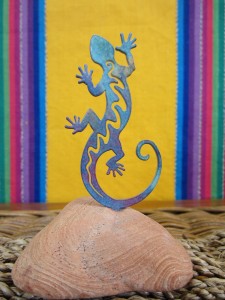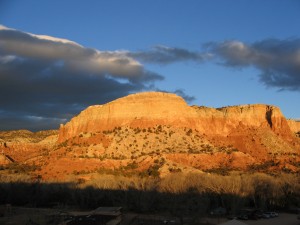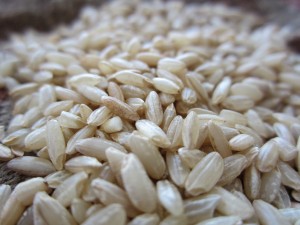
One of our local colleges has launched a new ad campaign which I first noticed a few weeks ago while riding the bus. In the front of the bus behind the driver there is a plexiglass panel which is where they often display ad posters. That day there was a poster with a picture of a young woman, dreamily gazing upward, smiling, and next to her the words: “Don’t Dream. Do.”
While I understand the intent of the campaign — to encourage people to get off their duffs and do what needs doing to activate their potential — I think they are making a tremendous mistake in telling people not to dream.
A lot of us are actually pretty good at doing, the problem is that so often our doing isn’t in accord with our true selves or highest good. We may just be living out the expectations others have of us rather than really exploring what it is we want for ourselves. If I were designing the college’s ad campaign it would say: “Dream. Then Do.”
It’s essential for us, after all, to engage our dreaming capacity because it is the first step in manifesting the future we want, and actually the picture on the ad is instructive in one way: it shows that the young woman, as she dreams, is smiling. That, my friends, is the key because it is our joy that leads us to our true path. It is like an exuberant, tail-wagging dog that is taking us for a walk, leading us with its own gleeful nose to our truest treasures.
Rather than squelching our capacity to dream we need to cultivate it. When we are stepping into a new life for ourselves we need a vigorous and bold imagination to help catapult us beyond the restrictive boundaries imposed by self or society; only in that way can we begin to live into our fullest potential.
Then, yes, doing becomes essential. Taking the dream and translating it into actions, no matter how small, is the way we honor it and begin to prepare the way for it to come forth. When we’ve taken time to dream in order to get in touch with our own inner wisdom and true direction, then our doing will be in the service of manifesting our own life purpose, rather than settling for the life others have told us to live.

